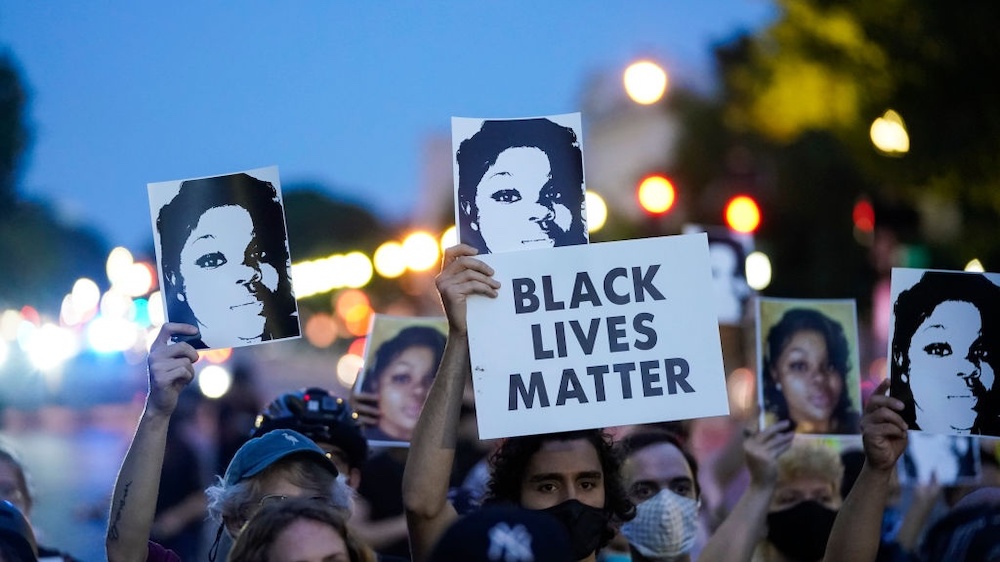If you’re interested in sharing your opinion on any cultural, political or personal topic, create an account here and check out our how-to post to learn more.
____
Hundreds of unarmed African American citizens have been murdered by law enforcement officers during the past couple of years. Subsequently, the conversation surrounding qualified immunity and its relation to our country’s law enforcement has come back to the forefront. Qualified immunity is a judicially created doctrine that shields government officials from being held personally liable for Constitutional violations.
Qualified immunity was not passed by the U.S. Congress nor was it placed in the United States Constitution. The Civil Rights Act of 1871, which is also known as the Klux Klan Act, gave Americans the right to sue when their legal rights had been violated. In 1961, 13 Chicago police officers ransacked a Black couple’s home, without a warrant, and forced them to stand unclothed in their living room. This couple was not allowed the ability to access an attorney. Subsequently, the United States Supreme Court held that “Every person (who) … causes to be subjected, any citizen of the United States … to the deprivation of any rights, privileges or immunities secured by the Constitution shall be liable to the party injured in an action at law.”
In 1967 the United States Supreme Court created the doctrine of qualified immunity in Pierson v. Ray. A multiracial group of priests was traveling with the Episcopal Society for Cultural and Racial Unity. They were subsequently arrested and charged with breach of the peace after entering a coffee shop. They sought damages for false imprisonment, however, the court ruling reflected the perceived need to protect officers from frivolous lawsuits in unclear legal situations.
The United States Supreme Court solidified its vision of qualified immunity in Harlow v. Fitzgerald. The court ruled that if law was clearly established, then immunity should fall, however if law was not clearly established then the officer and/or government official is not expected to abide by said law. The issue with this ruling is that who and/or what determines what laws are clearly established has always been an issue.
80 years ago, the Supreme court could not perceive the manner in which qualified immunity would be executed. Qualified immunity is not supposed to be absolute, however, due to court precedent it operates as such. The Ku Klux Klan act was enacted to protect America’s citizens from constitutional violations by the government and/or its agents. Qualified immunity was set in place by the courts' need to uphold systematic terror and racism. The doctrine has served its purpose.
Recently, the United States House of Representatives passed the “George Floyd Justice in Policing Act.” If passed this act would end qualified immunity. However, the bill is unlikely to pass in the senate with its current make up. Subsequently, the American people, federal judges and politicians must ask themselves, is the killing of unarmed African Americans not a violation of one’s right to life? The 14th amendment states that “nor shall the state deprive any person of the right to life, liberty, or property without due process of law.” An officer’s discretion does not account for due process of law. Murder is still and will always be a crime in this country no matter one’s position.
Given the percentages of white people killed by the police in this country, it is easy to see that the laws surrounding these issues are not grey. They are black and white. The only thing that is grey is the humanity of African Americans in this country.
So I ask, do African American citizens not have a constitutional right to their life? Or does our Blackness create a legal loophole to these rights? It seems that the burden is higher and scrutiny is stricter when proving the application of laws to the Black body. But this isn’t a new burden, the burden to prove the validity of Black life is all too familiar.
